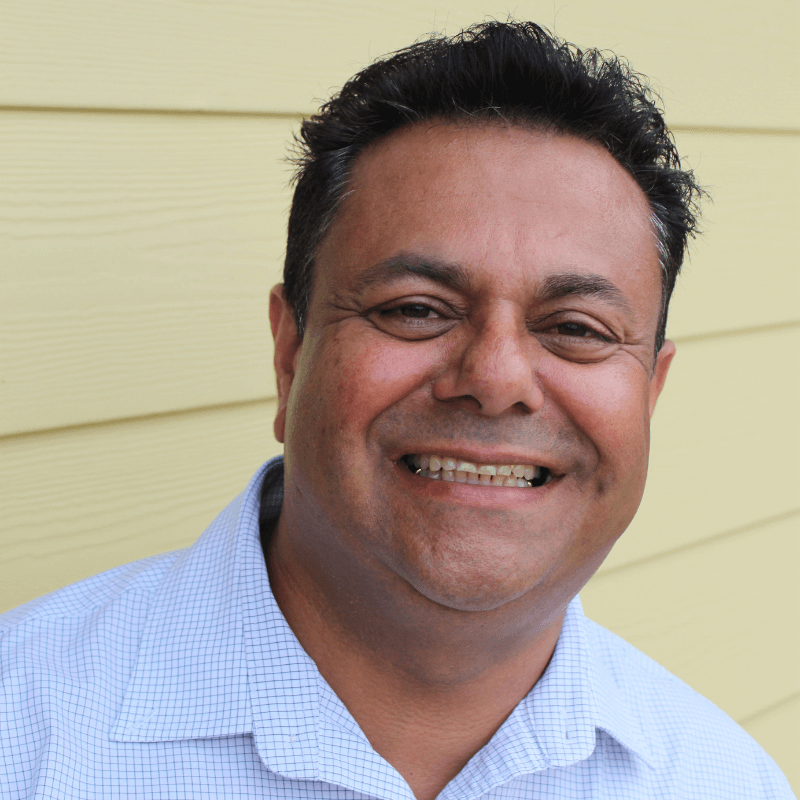Manish Gaur is a mental health professional based in Boulder, Colorado. With over two decades of experience in the mental health industry, Manish is currently making his way to obtaining a Masters Degree in Counseling. For Manish, entering the field of counseling is a way to advocate for those that need to be heard.

Manish Guar has had his share of tough experiences throughout his life. Losing his parents at a young age, Manish began working with at-risk youth and teens by the age of eighteen. His work within this program ignited his passion for mental health and counseling and helped him change the lives of many children and teens that faced similar struggles. Throughout his time in the mental health field, Manish has come to realize the number of people who are ignored or pushed aside in our society. As a result, he’s developed a strong desire to advocate for those that face social inequality.
By the age of 26, Manish took a job on the tobacco task force with New Mexico’s Department of Health alongside the state police. After working in this role, facing long hours and significant travel, Manish decided he wanted to connect with people on a different level and leave a positive impact on their lives. He eventually shifted his career and started a job at a day program for disabled adults. During his time with this program, he again realized another area where social inequality was prevalent. Manish Gaur took his passion for wanting to help, and created programs for disabled adults that not only provided them with necessary resources, but also taught them how to develop essential life skills.
Manish has taken his last two decades of experience and really applied them to where he currently is in his career path as he continues his graduate studies. With his many experiences in mind, Manish Gaur has adopted a holistic approach to his mental health advocacy and really puts a focus on the importance of counseling.
Manish is a firm believer that behavioral counseling and talk therapy are gateways to addressing and combating trauma and other mental health disorders. He intends to implement these practices as he furthers his education and begins his career as a counselor.
The Importance of Social Justice in Counseling
As a class of professionals with a unique perspective on society and some of its greatest problems, counselors often become aware early in their careers that they can have a positive effect on the level of social justice initiatives taken within their community. In large part, this is due to the strong link between a lack of social justice initiatives and increases in mental health problems. For mental health professionals that recognize the issues within social inequality, they’re using counseling to make a difference.
What Prejudice Does
A person who is at risk of receiving harmful treatment due to their sex, race, sexual orientation, or disability status will often internalize such treatment. The result of such self-blame can be exceedingly devastating: Often, social shunning and prejudice will lead to higher incidences of depression, anxiety, and other unhealthy conditions. On a broader level, social oppression has led to crisis levels of mental health problems within the United States.
Fortunately, counselors are in a privileged position to help such individuals. But providing help to vulnerable populations must begin with an understanding of why social justice is so vital at this time in history: For this reason, many counselors receive extensive training about the trauma that is prevalent in at-risk communities due to social exclusion and discrimination.
How Counselors Help
Moreover, many counselors perceive that such communities are often unaware of the effect that prejudice has on community members. It is no secret that individuals who have been discriminated against based on personal attributes outside of their control will often blame themselves for the outcome.
Indeed, it is often therapeutic for such individuals to realize that discrimination is not their fault, and counselors and therapists play a significant role in helping such individuals reach their full potential in life.
Making a Real Difference
This is particularly true when symptoms of depression or anxiety are exacerbated (or even caused) by poor treatment from others. For counselors in at-risk communities, in fact, helping such individuals can be a remarkably important task carrying immense benefits to society.
But understanding the importance of social justice initiatives within the culture at large isn’t always an easy task: Many of the most virulent strains of ableism, racism, sexism, ageism, and other societal prejudices are imperceptible in daily life.
Thankfully, most counselors are prepared to take on challenging tasks. It may be intensely difficult to combat prejudice within society regularly; it is true. Still, most counselors find that the most rewarding part of their job involves helping at-risk individuals discover a way forward to a better life.
